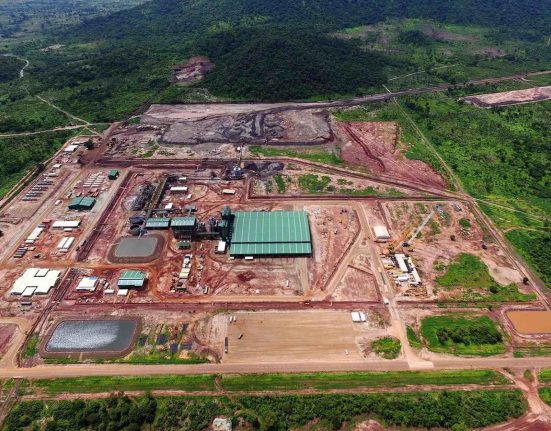By Josué Bila
In recent years, although Mozambique continues to experience political and economic crises, it continues to attract significant foreign investment, especially from Egypt, in strategic sectors such as agriculture, mining, energy and fisheries. While these investments bring opportunities for growth, they also raise structural challenges: clientelism, tax privileges and frequent international arbitration.
Cronyism and business security
The Ministry of Agriculture, Fisheries and the Environment (MAAP) is under scrutiny from the Centre for Public Integrity (CIP) and a diverse range of stakeholders due to the awarding of public tender worth around 130 million meticais to Future Technologies of Mozambique SA, a newly created company with no proven track record of technical capacity.
Businesspeople report cronyism and intimidation in public tenders, revealing institutional fragility that affects security and confidence in the business environment. This is a long-standing problem that has undermined business ethics, which in turn affects the entire web of production, productivity and sustainability in Mozambique. In fact, businesspeople, workers, technical and vocational training schools, scientists, universities and other stakeholders are demoralized and unable to invest heavily in their areas of activity due to major clientelist obstacles and an environment that almost entirely sabotages initiatives that do not originate from the “owners of the country”.
Contracts and International Arbitration
According to notes from the online newspaper Integrity Magazine, energy and mining megaprojects also show signs of tension. Kenmare Resources is facing contract renegotiations with the government to increase social benefits and national content.
In the case of Galp, the tax dispute over the sale of its stake in Area 4 of Rovuma involves between €162 million and €266 million and has resorted to international arbitration, according to a document from the Centre for Public Integrity. These precedents indicate that foreign companies, including Egyptian ones, may use similar mechanisms, limiting the State’s negotiating capacity.
Tax Privileges: The Mozal Case
Mozal enjoys subsidised energy tariffs and a tax regime that reduces IRPC from 32% to 1% on gross profits. Analysts such as Fátima Mimbire warn, according to a note in the newspaper ‘Evidências’, of significant losses in state revenue. The government’s decision not to extend subsidies beyond March 2026 reinforces the need to balance incentives and fiscal sovereignty.
Different perspectives
Government: seeks to attract investment without compromising economic and energy sovereignty.
Local companies: face unfair competition and warn about practices that limit competitiveness.
Civil society: calls for greater transparency, oversight and participation in the benefits of foreign investment.
Conclusion
Egyptian investments can generate sustainable development if accompanied by clear rules, effective oversight, and fiscal equality. Otherwise, Mozambique risks cycles of concentrated growth, benefiting few and excluding the majority of the population. The country’s economic future will depend on the government’s ability to strengthen institutions, curb cronyism, and transform investment into tangible results.







